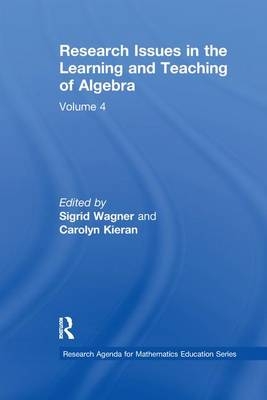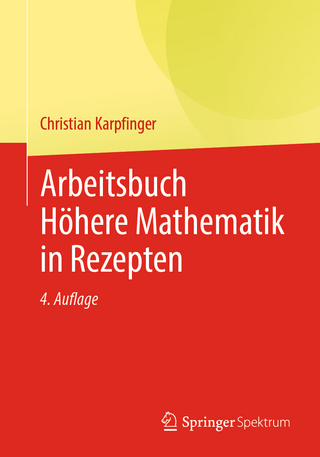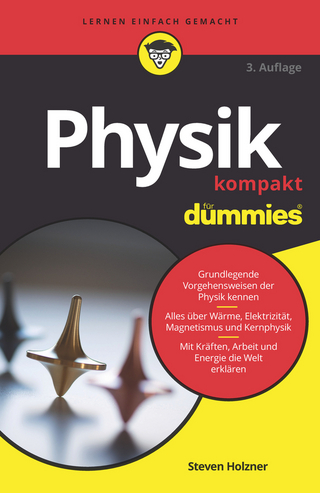
Research Issues in the Learning and Teaching of Algebra
Routledge (Verlag)
978-1-138-98524-7 (ISBN)
Sigrid Wagner University of Georgia, Carolyn Kieran Universite du Quebec a Montreal
Contents: C. Kieran, S. Wagner, The Research Agenda Conference on Algebra: Background and Issues. Part I:Past Research and Current Issues.J.A. Thorpe, Algebra: What Should We Teach and How Should We Teach It? J.R. Leitzel, Critical Considerations for the Future of Algebra Instruction. C. Kieran, The Early Learning of Algebra: A Structural Perspective. L.R. Booth, A Question of Structure. N. Herscovics, Cognitive Obstacles Encountered in the Learning of Algebra. D. Tall, Different Cognitive Obstacles in a Technological Paradigm. S. Chaiklin, Cognitive Studies of Algebra Problem Solving and Learning. R.B. Davis, Three Ways of Improving Cognitive Studies in Algebra. J.H. Larkin, Robust Performance in Algebra: The Role of the Problem Representation. P.W. Thompson, Artificial Intelligence, Advanced Technology, and Learning and Teaching Algebra. M.W. Lewis, Intelligent Tutoring Systems: First Steps and Future Directions. J.J. Kaput, Linking Representations in the Symbol Systems of Algebra. D. Kirshner, Critical Issues in Current Representation System Theory. J.T. Fey, School Algebra for the Year 2000. S.L. Senk, Toward School Algebra in the Year 2000. Part II:A Research Agenda.S. Wagner, C. Kieran, An Agenda for Research on the Learning and Teaching of Algebra. L.R. Booth, The Research Agenda in Algebra: A Mathematics Education Perspective. M.W. Lewis, The Research Agenda in Algebra: A Cognitive Science Perspective. S.L. Rachlin, The Research Agenda in Algebra: A Curriculum Development Perspective. Part III:Theoretical Considerations.R.B. Davis, Research Studies in How Humans Think About Algebra. J.H. Larkin, Eight Reasons for Explicit Theories in Mathematics Education. D. Wheeler, Contexts for Research on the Teaching and Learning of Algebra.
| Erscheinungsdatum | 14.05.2017 |
|---|---|
| Reihe/Serie | Research Agenda for Mathematics Education Series |
| Verlagsort | London |
| Sprache | englisch |
| Maße | 152 x 229 mm |
| Gewicht | 430 g |
| Themenwelt | Schulbuch / Wörterbuch |
| Mathematik / Informatik ► Mathematik ► Algebra | |
| Sozialwissenschaften ► Pädagogik | |
| ISBN-10 | 1-138-98524-4 / 1138985244 |
| ISBN-13 | 978-1-138-98524-7 / 9781138985247 |
| Zustand | Neuware |
| Informationen gemäß Produktsicherheitsverordnung (GPSR) | |
| Haben Sie eine Frage zum Produkt? |
aus dem Bereich


